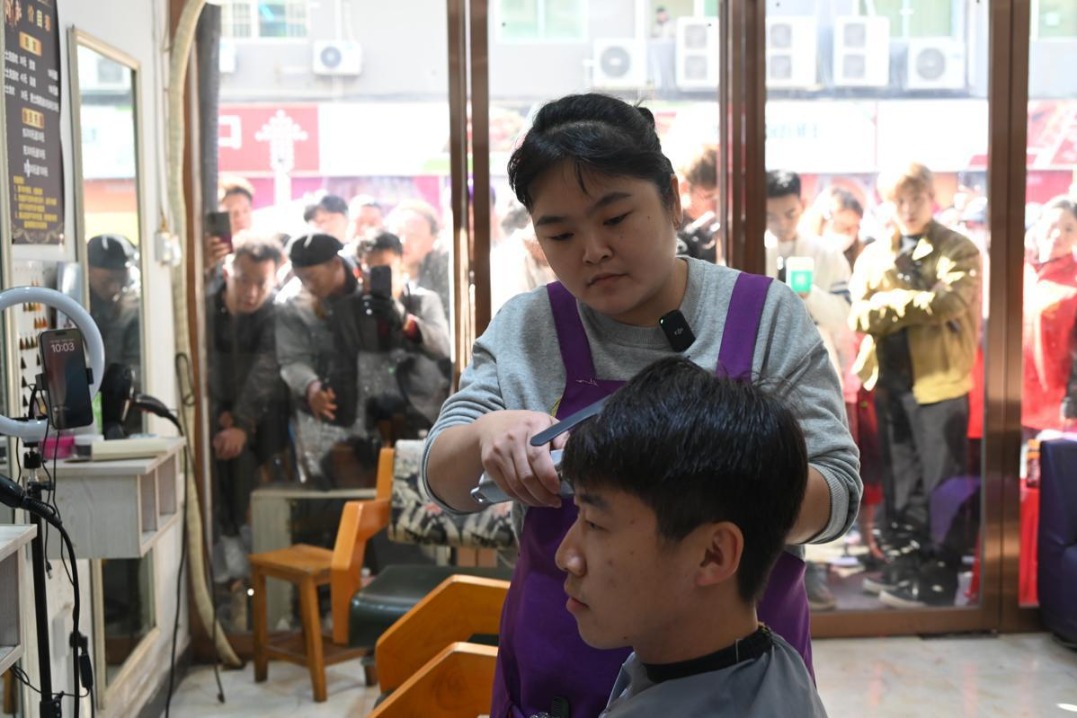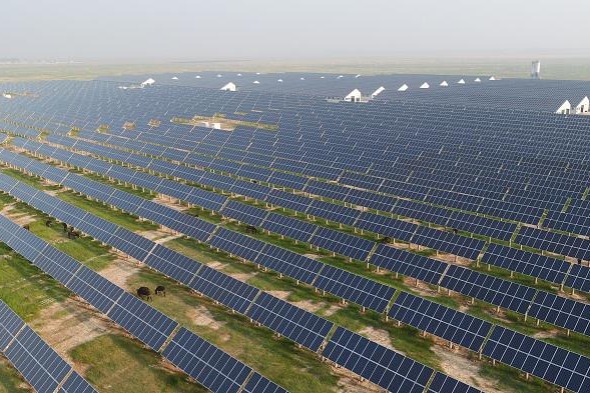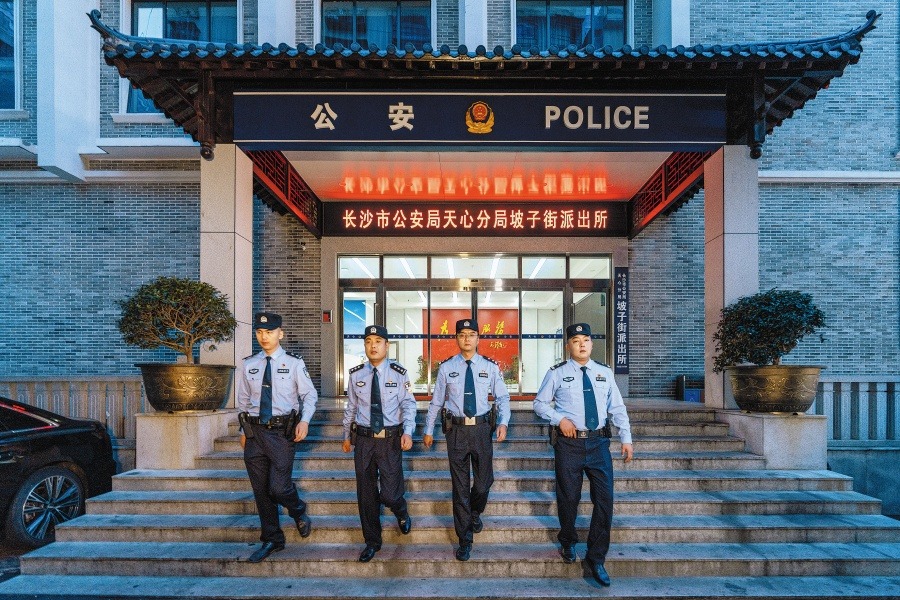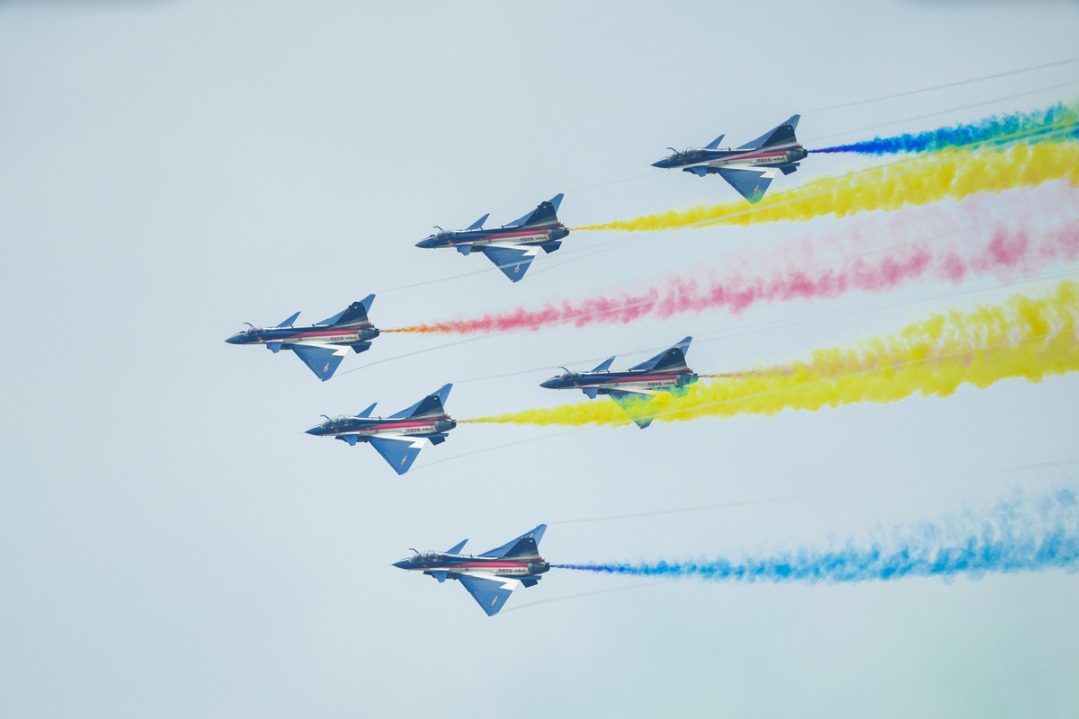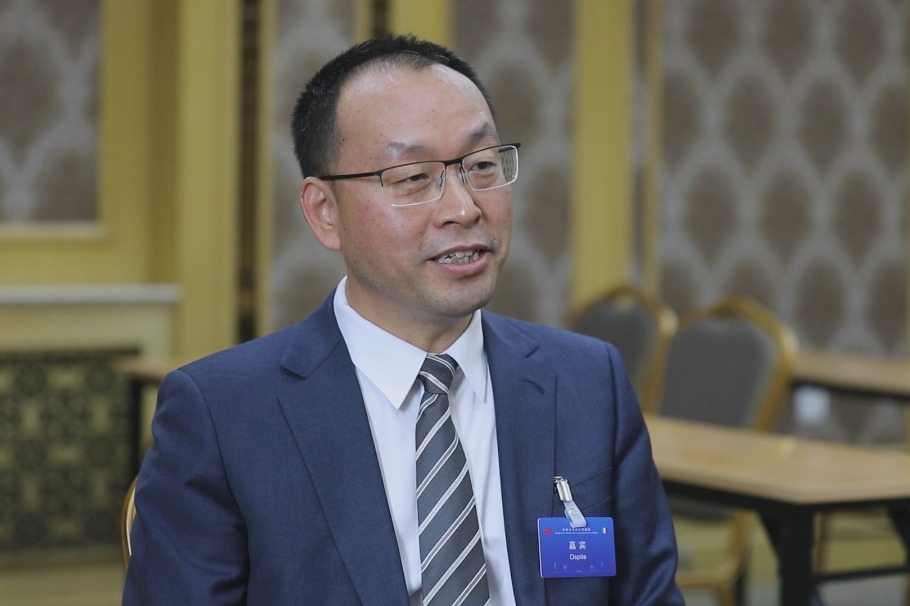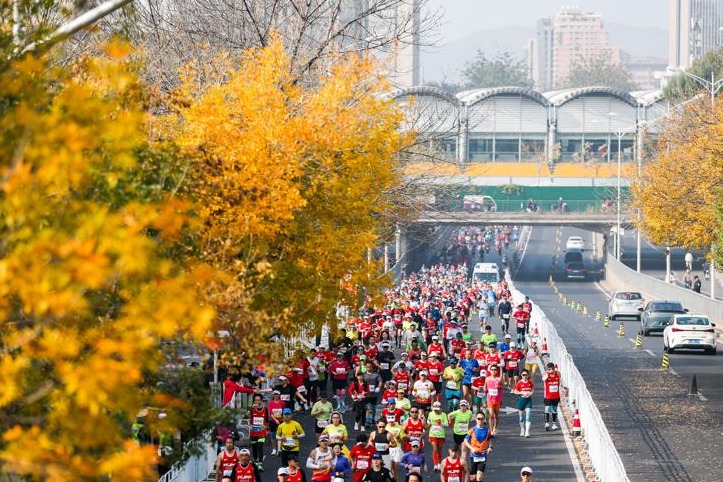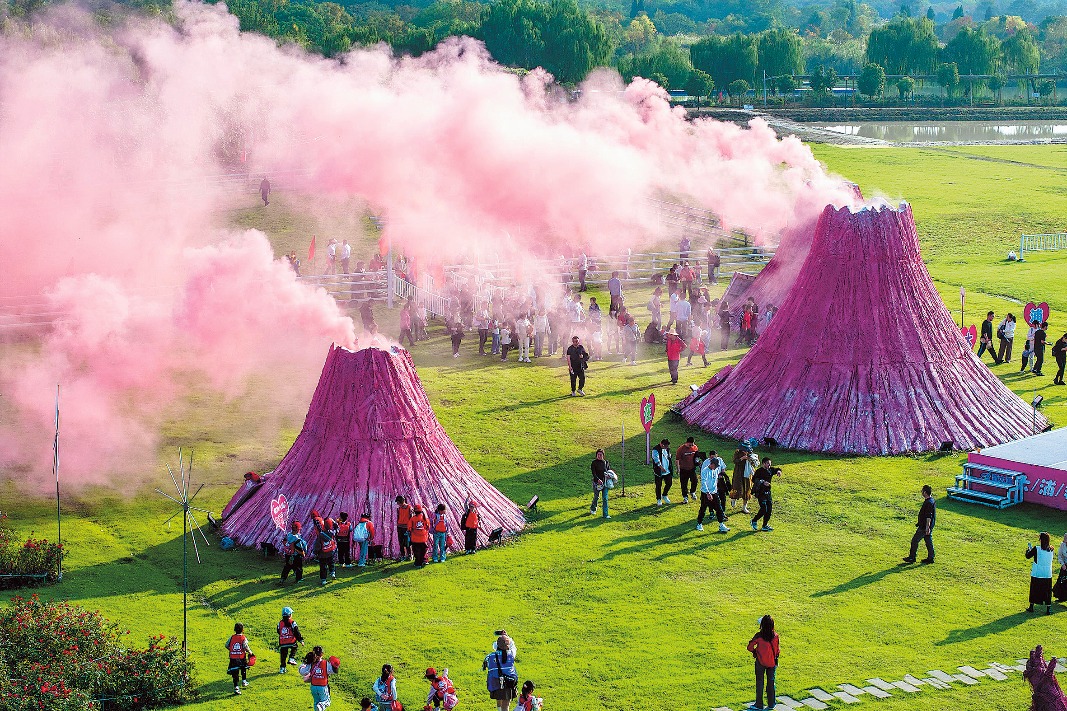Cleaner skies grace Games

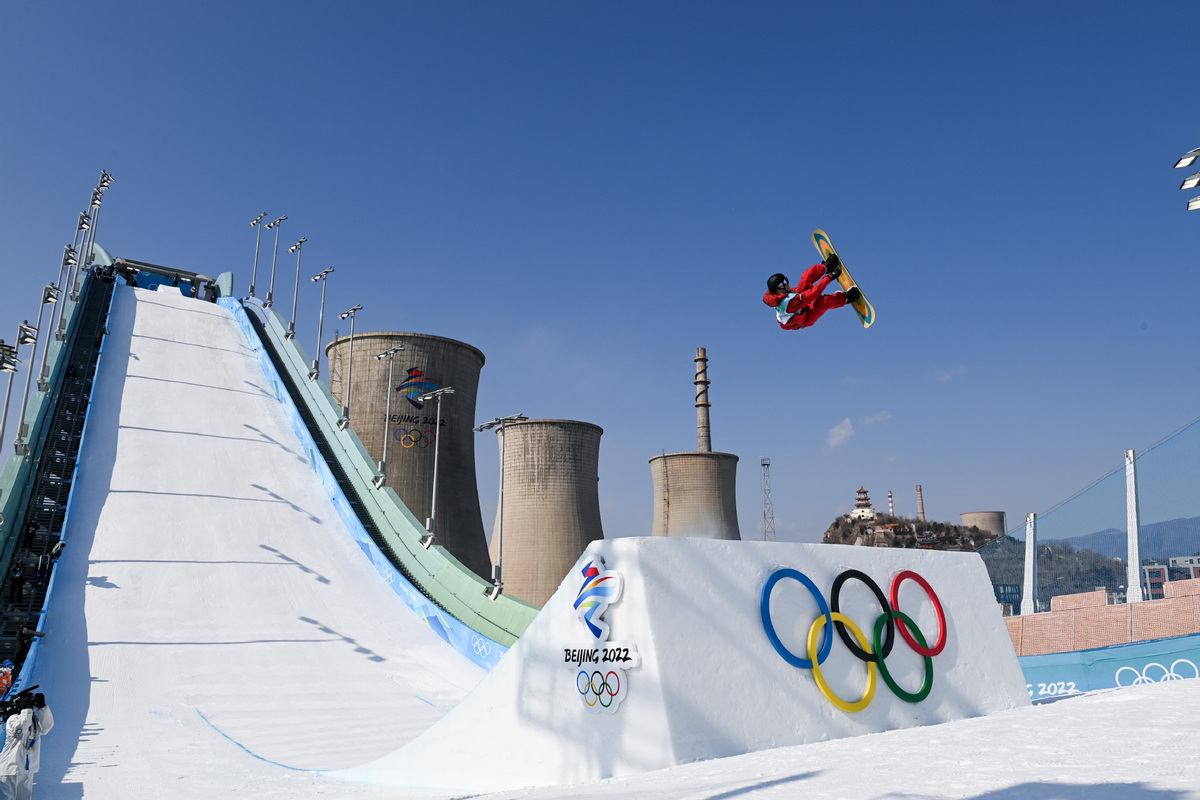
Beijing's air quality registers significant improvement compared with year ago
The concentration of PM2.5 airborne particulate matter in Beijing has reached record lows as the capital wraps up its hosting of the Winter Olympics, thanks to the country's consistent endeavors in air pollution control and also favorable meteorological conditions, authorities said.
As of Thursday, the average density of the air pollutant category during the Games reached 24 micrograms per cubic meter, according to the Ministry of Ecology and Environment.
The air quality "is the best that has been recorded since the monitoring of PM2.5 began" in 2013, said Wang Jinnan, head of the ministry's Chinese Academy of Environmental Planning, at a news conference on Friday at the 2022 Beijing Media Center.
"Beijing, the host of both Summer and Winter Olympics, has performed a miracle in the past five years in improving air quality in megacities," said Wang, who is also an academician at the Chinese Academy of Engineering.
The average PM2.5 density in the city in 2021 was 33 mcg/cubic meter, down 40 percent from 2017 levels, he added.
Zhang Dawei, deputy head of the ministry's department of air quality management, said air quality in Beijing, Tianjin and Hebei province so far during the Winter Olympics was much better than the same period last year, with a year-on-year drop of 40 percent in average PM2.5 density.
The huge improvement was the result of consistent government efforts in air pollution control in the regional cluster, with meteorological conditions favoring the dispersal of air pollutants also playing a role, Zhang said.
He cited figures demonstrating the region's endeavors in adjusting the structures of industry, energy and transportation since 2013.
Ultralow emissions transformation, for example, has been completed in 200 million kilowatt coal-fired electricity generators, he said. About 21 million rural households in the cluster have shifted from coal to clean energies for heating, which has helped reduce coal consumption by roughly 50 million metric tons.
Zhang said short-term restrictive measures also contributed to improved air conditions during the Winter Olympics.
The setting off of fireworks used to result in heavy pollution during the Spring Festival holiday, which took place earlier this month. The practice was banned this holiday in Beijing and seven other nearby regions, he added.
With the ban, Zhang said PM2.5 density in Beijing during the holiday fell by over 80 percent from the same period last year.
The eight regions have also temporarily restricted operations of some heavy polluters and vehicles, which have high emissions. But the restrictions are not expected to have a noticeable economic impact, he said.
Zhang stressed that the restrictions have been rolled out in a "precise" manner, saying local authorities have clearly specified all enterprises, production processes, equipment and vehicles that are subject to the restrictions in order to avoid confusion.
The frequent cold air fronts moving in from the north so far during the ongoing Games have made it easier for air pollutants to disperse. The comparatively higher wind speeds and lower temperatures in recent days compared with past years make conditions even more favorable for dispersal, he said.
Zhang added, however, that the endeavors in pollution control should be sustained in the Beijing-Tianjin-Hebei cluster, considering the high emissions levels in the region.
"We will make unremitting efforts to promote continuous air improvement in the region."
- Jinan Moments: Scottish traveler explores tradition and modernity
- Futian to display urban innovation hub building achievements
- Guangdong leadership urges medical staff to save lives after vehicle tragedy
- Beijing judicial authorities raise public awareness to combat smuggling
- Shanghai University forges partnership with UN-Habitat for urban regeneration
- Three child rapists executed after top court approves sentence

















